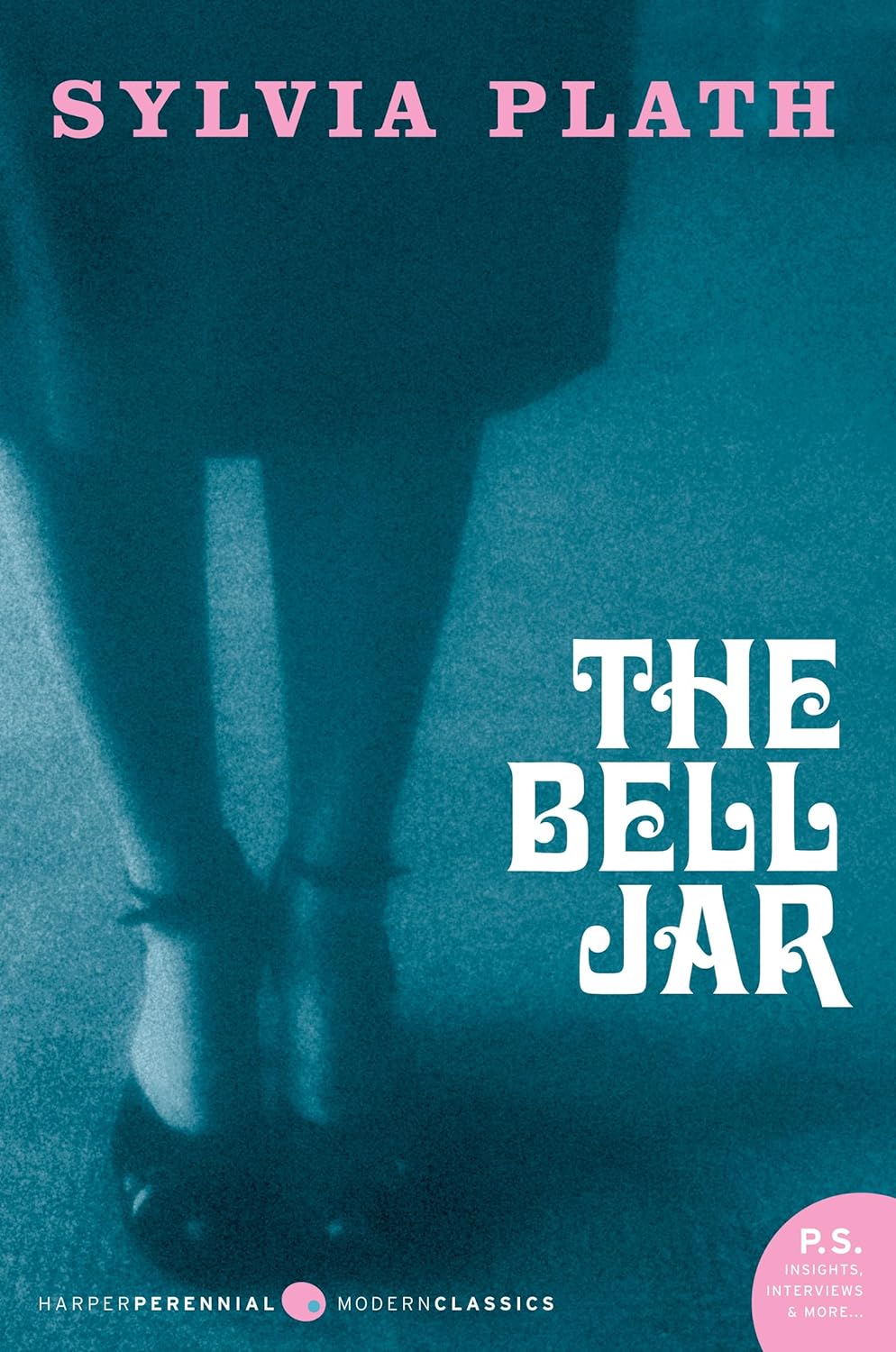Summary | Excerpt | Reviews | Beyond the Book | Read-Alikes | Genres & Themes | Author Bio

This article relates to But the Girl
 In Jessica Zhan Mei Yu's novel But the Girl, the main character and first-person narrator is writing her PhD thesis on the work of Sylvia Plath. Plath is an iconic writer whose poetry is considered canonical by many but who is also sometimes dismissed as being a mere preoccupation for disillusioned teenage girls and young women. It seems reasonable to dismiss this societal view itself as sexism; Yu addresses the phenomenon in her novel and a recent interview. Still, it's undeniable that Plath has been and remains something of a rock star, susceptible to romanticization. The narrator says, "I loved Sylvia Plath because she always seemed sad and everyone loved her anyway, they even idealised her sadness as if it was a special type of happiness." While Plath's poems, particularly the collection Ariel, have been a starting point for many, her autobiographical novel The Bell Jar, which takes on a young woman's descent into mental illness, is the work that has given fans a feeling of having a window into her inner world.
In Jessica Zhan Mei Yu's novel But the Girl, the main character and first-person narrator is writing her PhD thesis on the work of Sylvia Plath. Plath is an iconic writer whose poetry is considered canonical by many but who is also sometimes dismissed as being a mere preoccupation for disillusioned teenage girls and young women. It seems reasonable to dismiss this societal view itself as sexism; Yu addresses the phenomenon in her novel and a recent interview. Still, it's undeniable that Plath has been and remains something of a rock star, susceptible to romanticization. The narrator says, "I loved Sylvia Plath because she always seemed sad and everyone loved her anyway, they even idealised her sadness as if it was a special type of happiness." While Plath's poems, particularly the collection Ariel, have been a starting point for many, her autobiographical novel The Bell Jar, which takes on a young woman's descent into mental illness, is the work that has given fans a feeling of having a window into her inner world.
Before Susanna Kaysen's Girl, Interrupted or the movie starring Winona Ryder and Angelina Jolie, before Ottessa Moshfegh's My Year of Rest and Relaxation, there was The Bell Jar. While the content of the 1963 novel is bleak, the circumstances of its setting could be seen as aspirational. Esther Greenwood, a college student, is working as a guest editor for a magazine in 1950s New York and living in a women's hotel, a scenario based on Plath's own time at Mademoiselle and the Barbizon. Despite this objectively desirable opportunity, Esther finds herself in a dreary state, overwhelmed by the question of what she will do after school, whether she should settle down with her college boyfriend Buddy, when she will lose her virginity — in general, how to deal with the evolving but also perilous expectations for women at the time.
The Bell Jar was initially published in the UK under the pseudonym Victoria Lucas, a month after Plath died by suicide. The novel has long been viewed largely in the context of Plath's life, death, and struggles with mental illness. In more recent decades, it has also been read as a criticism of the times — both in view of the state of mental health treatment and the societal treatment of women.
However, a stark contrast exists in how the woes of a relatively privileged white woman like Esther Greenwood are treated versus how other social erasures and inequalities play out. The Bell Jar doesn't only expose the quotidian racism of its American era through background details: the book's first-person narrator is bluntly racist, homophobic, and fatphobic in ways ranging from dismissive (comparing herself to a Chinese woman in an unflattering way) to violent (kicking a Black orderly for serving two different kinds of beans at a hospital dinner). In a piece for BuzzFeed, Laurann Herrington examines how the iconization of Plath's tale of mental illness, along with other work by white authors fitting the "sad girl" trope, is a type of "white feminism" that centers the oppression (often conventionally attractive and heterosexual) white women experience in a patriarchal society while ignoring their participation in oppressive systems.
The kind of analysis Yu's narrator, Girl, engages in, researching the racial details of The Bell Jar at a granular level to reveal the interplay of subtle (for example, orientalist) elements Plath was likely not even aware of herself, is perhaps the most respectful yet conscientious way of interacting with her work. Rather than dismissing her own interest in Plath's novel as part of a teenage phase (or dismissing the possibility of teenage girls liking something good, for that matter), Girl elevates the text as worthy of scholarship and seeks to create a critical discussion around it. As Herrington writes, "When we examine these texts more critically, they won't become the sole narratives we turn to for guidance."
Cover of the Harper Perennial Modern Classics edition of Sylvia Plath's The Bell Jar
Filed under Books and Authors
![]() This article relates to But the Girl.
It first ran in the November 20, 2024
issue of BookBrowse Recommends.
This article relates to But the Girl.
It first ran in the November 20, 2024
issue of BookBrowse Recommends.
Your guide toexceptional books
BookBrowse seeks out and recommends the best in contemporary fiction and nonfiction—books that not only engage and entertain but also deepen our understanding of ourselves and the world around us.